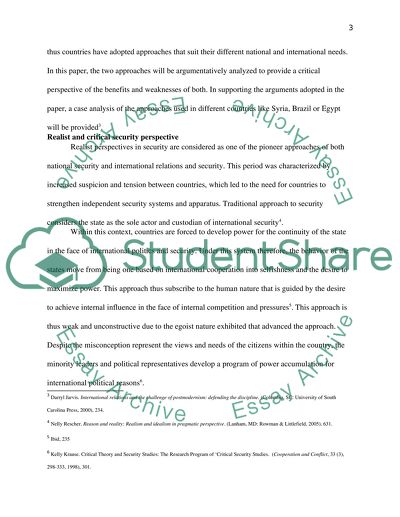Cite this document
(“Critical Approaches to Security: Turkish Case Study Essay”, n.d.)
Retrieved from https://studentshare.org/history/1489444-the-traditional-and-critical-approaches-to
Retrieved from https://studentshare.org/history/1489444-the-traditional-and-critical-approaches-to
(Critical Approaches to Security: Turkish Case Study Essay)
https://studentshare.org/history/1489444-the-traditional-and-critical-approaches-to.
https://studentshare.org/history/1489444-the-traditional-and-critical-approaches-to.
“Critical Approaches to Security: Turkish Case Study Essay”, n.d. https://studentshare.org/history/1489444-the-traditional-and-critical-approaches-to.


